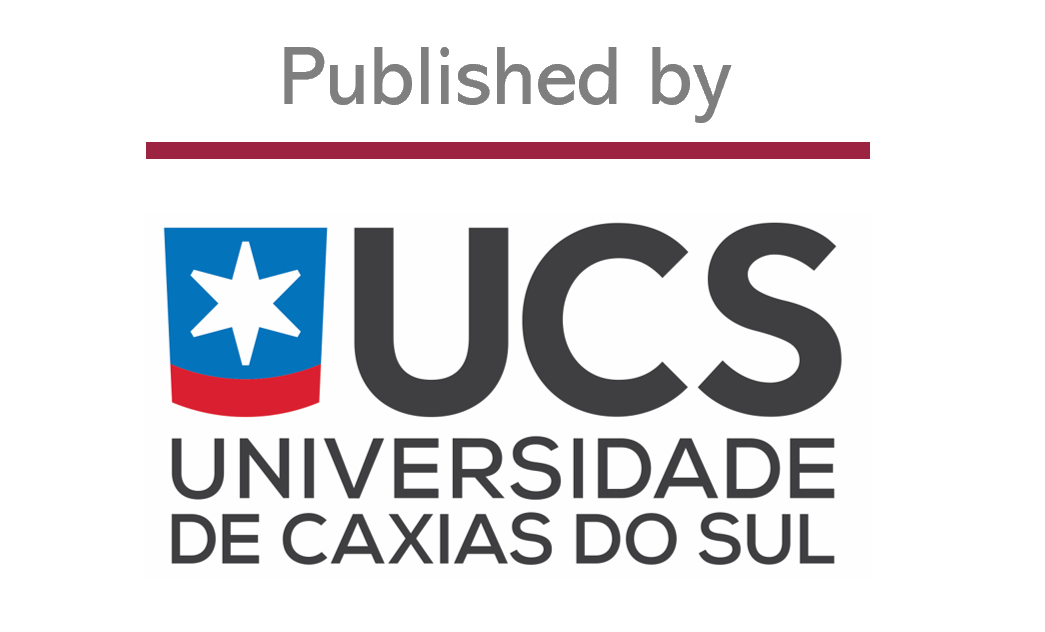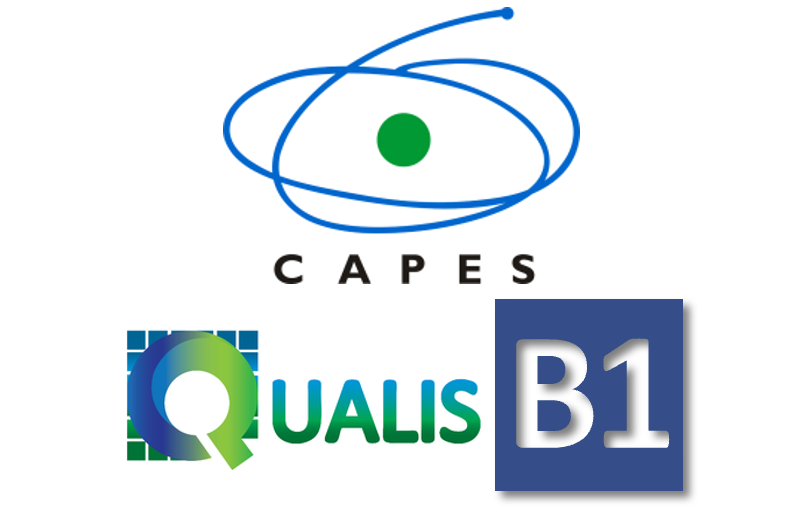IoT and knowledge Economy: Two Strong Pillars of Industry 4.0
Abstract
The Industry 4.0 concept incorporates technologies from a wide range of domains and this inevitably requires massive changes in processes of innovation, production, logistics and services. Such innovations and transformations cannot be impelled in practice without the support of a tool known as Internet of Things or simply IoT. The objective of this research is to present an overview on two strong and influential pillars of Industry 4.0, which are the IoT and the knowledge economy. For several authors who have dedicated themselves to the study of the fourth industrial revolution, IoT is considered an indispensable pillar for the implementation of the concepts of the referred industrial revolution. However, it has not been common in the literature to see references correlating the almost inherent relationship that exists between IoT and the knowledge economy. In summary, it is possible to state that the greater the valuation and investments directed towards the knowledge economy, the better the quality of the operation of the emerging technique or mechanism known as IoT. From the perspective of industry 4.0 concepts, both the IoT and the knowledge economy have strong beneficial influences on industrial production organizations. Still according to the information compiled in this research, the knowledge economy can be seen as the great asset in favor of ensuring the employability of qualified professionals for all kinds of organizations of an industrial nature.
References
V. U. Borba, “Proposta de um modelo de referência para a Internet das coisas: aspectos de segurança e privacidade na coleta de dados.” 2018.
P. Carrion and M. Quaresma, “IInternet of Things (IoT): Definitions and applicability for end users,” Human Factors in Design, vol. 8, no. 15, pp. 49-66, 2019.
P. V. Zhuravlev, A. L. Poltarykhin, O. N. Alkhimenko, and O. D. Kuksova, “Human capital and its efficiency in the knowledge economy: the role of continuing education,” Espacios, vol. 39, no. 1, pp. 34-44, 2018.
N. O’Donovan, “From Knowledge Economy to Automation Anxiety: A Growth Regime in Crisis?,” New Political Economy, vol. 24, no.1, pp. 1-20, 2019.
A. Zandiatashbar, and S. Hamidi, “Impacts of transit and walking amenities on robust local knowledge economy,” Cities, vol. 81, no. 1, pp. 161-171, 2018.
O. B. Digilina, N. O. Subbotina, E. R. Khorosheva, I. A. Lvov, and S. N. Kalintsev, “Digitization of Economic Space as an Imperative for the Formation of a Knowledge Economy,” Institute of Scientific Communications Conference, Springer, Cham, vol. 87, 2019.
W. Z. Khan, M. H. Rehman, H. M. Zangoti, M. K. Afzal, N. Armi, and K. Salah, “Industrial internet of things: Recent advances, enabling technologies and open challenges,” Computers and Electrical Engineering, vol. 81, no. 1, pp. 1-1312, 2020.
P. Pandey, S. C. Pandey, and U. Kumar, “Security Issues of Internet of Things in Health-Care Sector: An Analytical Approach,” Advancement of Machine Intelligence in Interactive Medical Image Analysis, pp. 307-329, 2020.
A. Kumar, and A. Nayyar, “si3-Industry: A Sustainable, Intelligent, Innovative, Internet-of-Things Industry,” A Roadmap to Industry 4.0: Smart Production, Sharp Business and Sustainable Development, Springer, Cham, pp. 1-21, 2020.
W. Chen, “Intelligent manufacturing production line data monitoring system for industrial internet of things,” Computer Communications, vol. 151, no. 1, pp. 31-41, 2020.
V. Malik, and S. Singh, “Internet of Things: Risk Management,” Smart Systems and IoT: Innovations in Computing, Springer, Singapore, vol. 141, 2020.
A. Seferagić, J. Famaey, E. D. Poorter, and J. Hoebeke, “Survey on Wireless Technology Trade-Offs for the Industrial Internet of Things,” Sensors, vol. 20, no. 2, pp. 488-495, 2020.
E. G. Popkova, “Preconditions of Formation and Development of Industry 4.0 in the Conditions of Knowledge Economy,” Industry 4.0: Industrial Revolution of the 21st Century, Springer, Cham, vol. 169, 2019.
M. Shujahat, M. J. Sousa, S. Hussain, F. Nawaz, M. Wang, and M. Umer, “Translating the impact of knowledge management processes into knowledge-based innovation: The neglected and mediating role of knowledge-worker productivity,” Journal of Business Research, vol. 94, pp. 442-450, 2019.
V. Frunzaru, E. M. Vătămănescu, P. Gazzola, and E. Bolisani, “Challenges to higher education in the knowledge economy: anti-intellectualism, materialism and employability,” Knowledge Management Research & Practice, vol. 16, no. 3, pp. 388-401, 2018.
M. Thorley, “Failing to learn and learning to fail – exemplars of practice from the creative industries,” International Journal for Academic Development, vol. 25, no. 1, pp. 1-12, 2020.
B. C. Olopade, H. Okodua1, M. Oladosun, O. Matthew, E. Urhie, R. Osabohien, O. Adediran, and O. H. Johnson, “Economic Growth, Energy Consumption and Human Capital Formation: Implication for Knowledge-based Economy,” International Journal of Energy Economics and Policy, vol. 10, no. 1, pp. 37-43, 2020.
L. S. Neiva, L. N. Menezes, M. C. A. Lira, and M. I. Brasileiro, “Industry 4.0: Concepts, Challenges and Expectations,” Brazilian Journal of Production Engineering, vol. 6, no. 1, pp. 1-10, 2020.
A. P. Balcerzak, “Quality of Institutions in the European Union countries. Application of TOPSIS Based on Entropy Measure for Objective Weighting,” Acta Polytechnica Hungarica, vol. 17, no. 1, pp. 101-122, 2020.
B. Mikuła, “Human capital management as a subsystem of knowledge-based management,” Knowledge – Economy – Society, pp. 133-144, 2019.
A. Masoomzadeh, W. N. W. Zakaria, M. Masrom, and T. Khademi, “Intellectual Capital as Key Asset in Iranian Automotive Industry,” Journal of Environmental Treatment Techniques, vol. 8, no. 1, pp. 429-439, 2020.
Downloads
Published
How to Cite
Issue
Section
License
Declaração de originalidade e cessão de direitos autorais
Declaro que o presente artigo é original, não está sendo tendo sido submetido à publicação em qualquer outro periódico nacional ou internacional durante o processo de revisão. Através deste instrumento, em meu nome e em nome dos demais co-autores, porventura existentes, cedo os direitos autorais do referido artigo à revista SCIENTIA CUM INDUSTRIA. Contudo, a reprodução total ou parcial impressa ou eletrônica pode ser feita desde que o autor comunique oficialmente à revista. Declaro estar ciente de que a não observância deste compromisso submeterá o infrator a sanções e penas previstas na Lei de Proteção de Direitos Autorias. Declaro estar ciente de que a não observância deste compromisso submeterá o infrator a sanções e penas previstas na Lei de Proteção de Direitos Autorias (Nº9610, de 19/02/1998).




